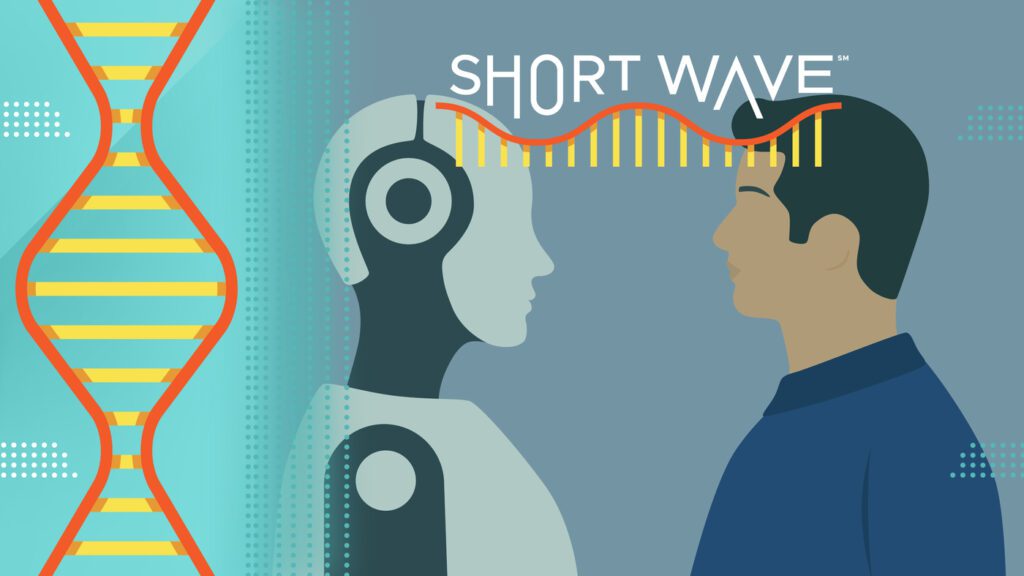The Complex Relationship Between Humans and Social Robots: A Deep Dive
In today’s world, human beings are inherently inclined toward social connection. This innate tendency can be observed in our interactions with even the simplest objects, which we often imbue with feelings and experiences—just ask any Roomba owner! The emergence of social robots takes this phenomenon a step further. Engineered to foster connections, these robots can serve various roles, from nurturing children and assisting the elderly to acting as companions.
However, alongside these benefits lies a more troubling aspect. The presence of social robots may inadvertently encourage individuals to retreat from authentic, face-to-face interactions, leading to increased feelings of isolation.
In the latest episode of Short Wave, host Regina G. Barber engages with Eve Herold, the author of "Robots and the People Who Love Them," to explore the complex duality of social robots. Herold investigates how these robotic companions can both enrich lives and challenge the essence of human connection.
Are you intrigued by this exploration of technology’s impact on relationships? We invite you to share your thoughts and questions by emailing us at shortwave@npr.org.
For those looking to dive deeper into the fascinating world of innovations in technology, you can listen to every episode of Short Wave free of ads by signing up for Short Wave+ at plus.npr.org/shortwave. Short Wave is also available on Spotify and Apple Podcasts.
This episode was expertly produced by Rachel Carlson and edited by Rebecca Ramirez. Brit Hanson contributed by fact-checking the content, while Gilly Moon handled the audio engineering. Tune in to gain insight into the evolving relationship between humanity and technology.
Image Credit: CreativeDesignArt/Getty Images




